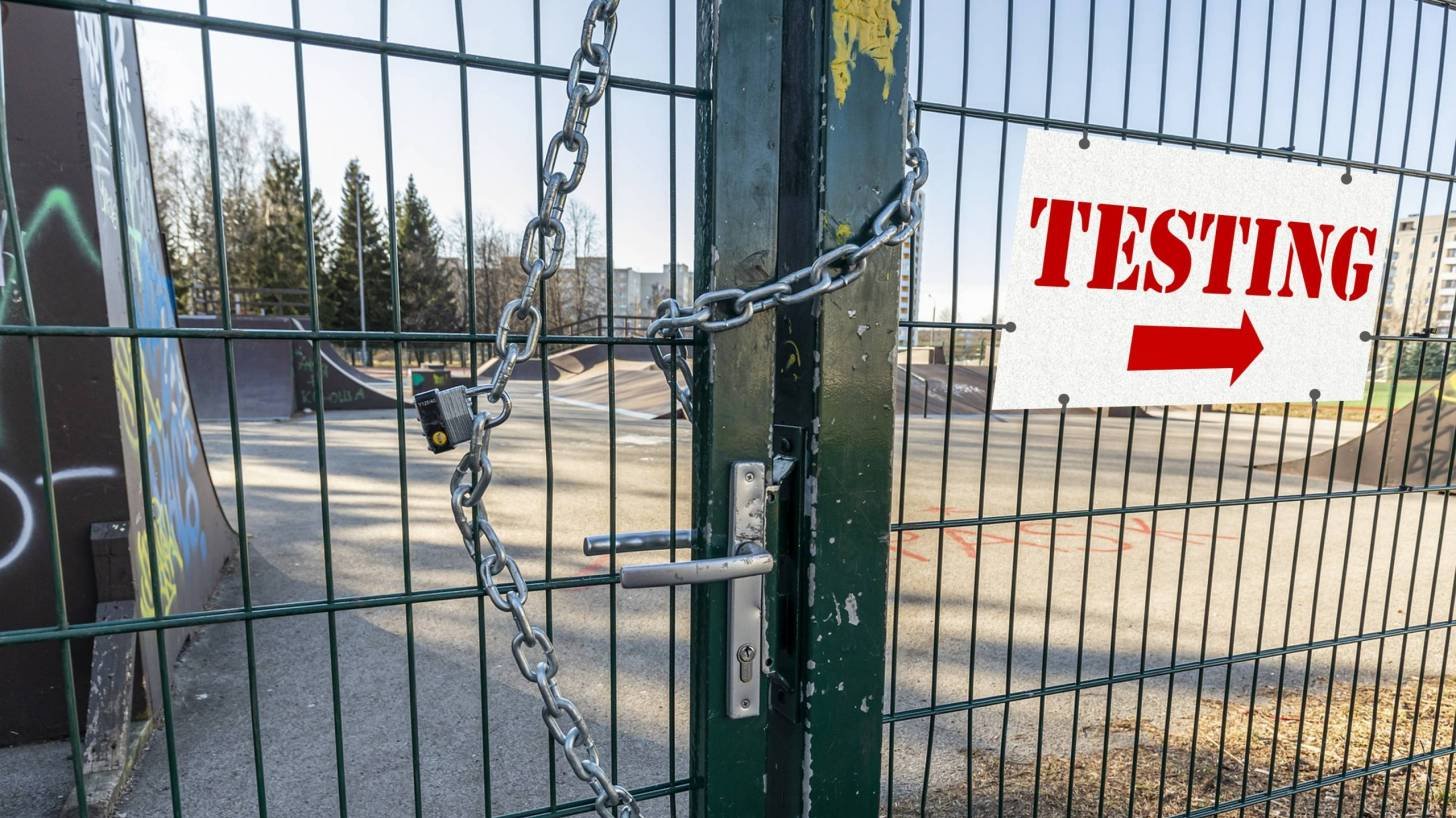Antigen Testing Compact Established by 7 US States

The governors of 7 US states announced they have established an interstate compact to expand the use of rapid point-of-care antigen tests to slow the spread of COVID-19 disease.
As the nation continues to face severe testing shortages and delays, this is the first interstate testing compact of its kind among governors during the COVID-19 pandemic, stated Maryland’s Governor Larry Hogan in a press statement on August 4, 2020.
The initial agreement includes governors, with additional states, cities, and local governments expected to join this SARS-CoV-2 test compact.
By banding together, the states of Maryland, Louisiana Governor, Massachusetts, Michigan, Ohio, Virginia, and North Carolina are demonstrating to private manufacturers that there is significant demand to scale up the production of these tests, which deliver results in 15-20 minutes.
With today’s agreement, the states are in discussions with Becton Dickinson and Quidel—the U.S. manufacturers of antigen tests that have already been authorized by the FDA—to purchase 500,000 tests per state, for a total of 3.5 million tests.
This interstate cooperative purchasing agreement will provide a unique platform to purchase tests and associated supplies in a sustainable and cost-effective manner. In addition, the states will coordinate on policies and protocols regarding rapid antigen testing technology.
“With severe shortages and delays in testing and the federal administration attempting to cut funding for testing, the states are banding together to acquire millions of faster tests to help save lives and slow the spread of COVID-19,” said Governor Hogan.
“COVID does not know any borders and by working together we strengthen our response, improve testing access, and ultimately help our communities become safer and healthier.”
“Increasing both testing capacity and access to testing is a critical part of stopping the spread of COVID-19.”
The U.S. CDC issued Interim Guidelines says antibody or serology tests detect if the person’s blood contains antibodies to coronavirus. Antibody tests give evidence of past exposure, not acute infection.
On July 29, 2020, the U.S. FDA posted updated FAQs about COVID-19 antibody testing, also known as a serology test, which is a blood test that can detect if a person has antibodies to SARS-CoV-2, the betacoronavirus that causes COVID-19 disease.
COVID-19 antibody tests can help identify people who may have been infected with the SARS-CoV-2 virus or have recovered from the COVID-19 infection.
As of August 4, 2020, the FDA had authorized 203 coronavirus diagnostic tests under EUAs, which include 166 molecular tests, 35 antibody tests, and 2 antigen tests.
CoronavirusToday publishes COVID-19 disease pandemic news.

.jpg)

.jpg)



.jpg)

.jpg)








.jpg)


.jpg)


